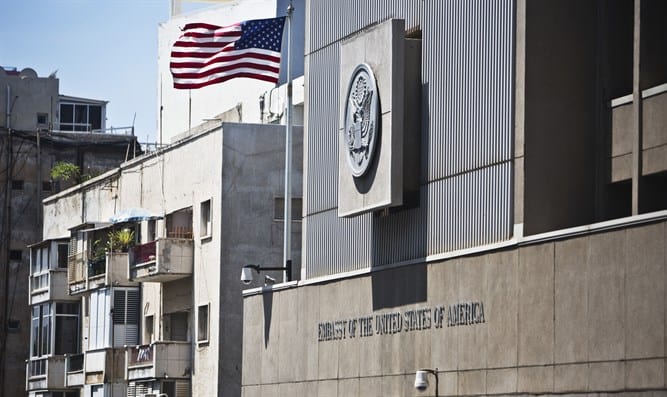THE United States government has issued a stark warning to its citizens over travel to Nigeria, placing the country under its Level 3 advisory category, a classification that urges Americans to “reconsider travel.”
The new travel advisory, published by the U.S. Department of State as part of its routine global safety review, warns that Nigeria poses high risks due to widespread terrorism, armed violence, rampant kidnapping, and a failing healthcare system.
According to the alert, 18 Nigerian states have now been placed in the most severe “Level 4 – Do Not Travel” category, largely due to terrorist activity, gang violence, and the growing threat of abduction for ransom.
The advisory categorizes states such as Borno, Yobe, Kogi, and northern Adamawa as extremely dangerous due to terrorist activity and the persistent threat of kidnapping.
In the North, Kaduna, Kano, Katsina, Zamfara, Sokoto, Bauchi, and Gombe were blacklisted for frequent kidnappings and attacks by criminal gangs.
In the South, the advisory warns against travel to Abia, Anambra, Bayelsa, Delta, Enugu, Imo, and much of Rivers State (excluding Port Harcourt), citing high rates of violent crime and abduction by armed groups.
The U.S. government specifically noted that these attacks are often unpredictable and deadly, with terrorists and bandits targeting both urban and rural areas including highways, markets, schools, religious centers, and transportation hubs.
Beyond violence and insecurity, the U.S. State Department also raised red flags about Nigeria’s crumbling healthcare infrastructure.
It warned Americans not to expect the standard of care found in Western countries, noting: many Nigerian hospitals are under-equipped and understaffed, emergency services are unreliable or non-existent, ambulances lack trained personnel and life-saving equipment, patients often face delays or refusal of care without cash upfront and foreign health insurance is rarely accepted.
Furthermore, common medications including those for asthma, diabetes, and high blood pressure — are often in short supply, and the threat of counterfeit drugs remains high.
Travellers are strongly advised to carry their own prescribed medications, take malaria prophylaxis, and secure comprehensive travel and medical evacuation insurance before entering Nigeria.
In light of the multiple health and safety risks, the U.S. urged all travellers to ensure they are fully vaccinated against: Yellow Fever, Typhoid, Hepatitis A & B, Cholera, Polio and Meningitis.
The advisory also emphasized the need for heightened personal security, avoidance of night travel, and emergency evacuation plans in the event of violence or medical crises.
Nigeria was listed among 12 African countries under the highest-risk travel category by the U.S. State Department. Others include: Somalia, Libya, South Sudan, Democratic Republic of Congo, Chad, Niger, Burkina Faso, Mauritania, Burundi, Uganda and Guinea-Bissau.
Security experts say the travel warning, though harsh, underscores the pressing need for Nigerian authorities to reform security architecture, curb kidnapping networks, and rebuild healthcare infrastructure.
“The U.S. advisory should be seen as a wake-up call,” one analyst noted. “It reflects growing international concerns and should prompt urgent internal reforms if Nigeria hopes to retain global investor and tourism confidence.”







